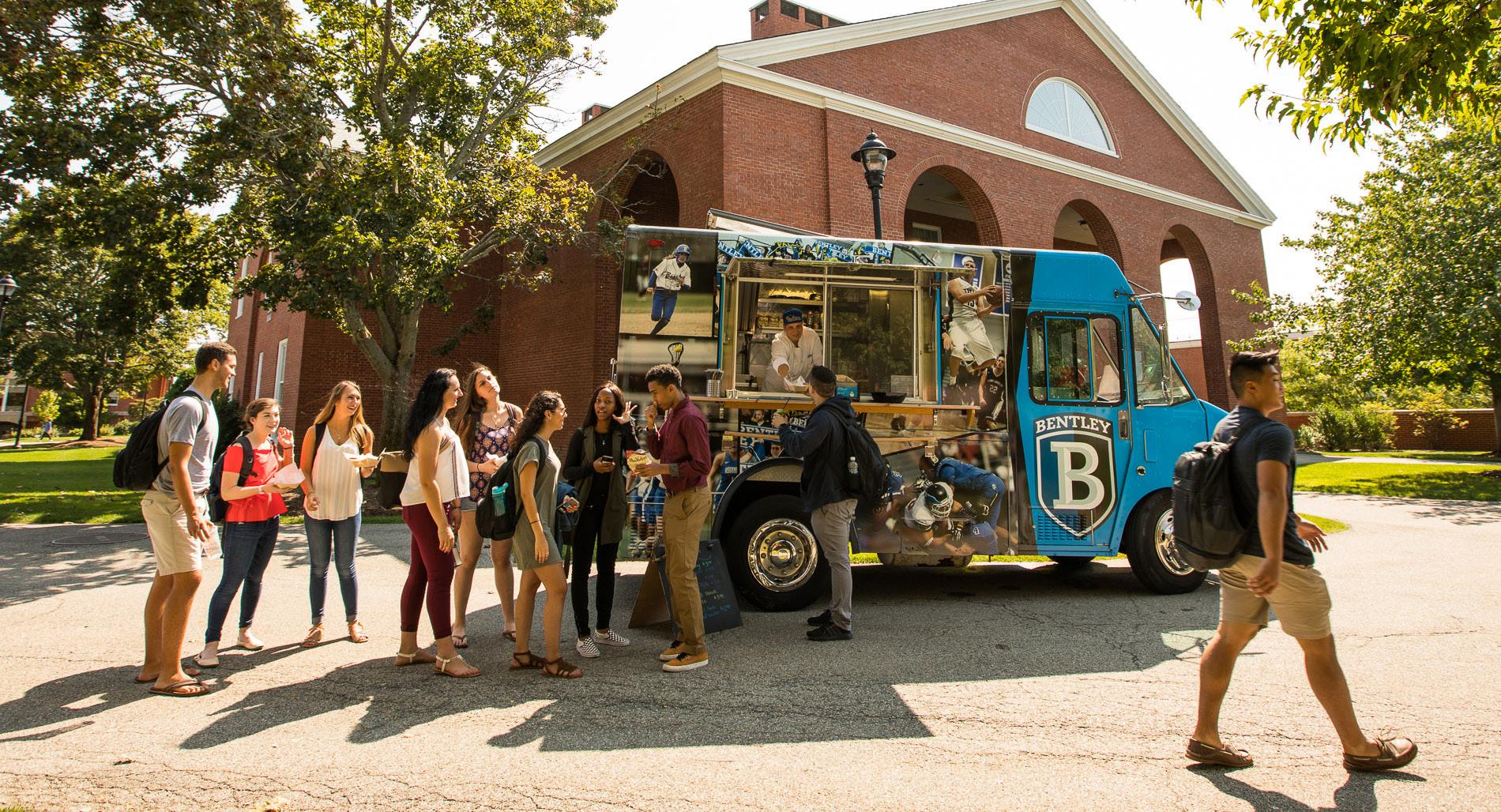
1 minute read
REFERENCES
Ali, D. (2017). “Safe Spaces and Brave Spaces: Historical Context and Recommendations for Student Affairs Professionals.” NASPA Policy and Practice Series, Issue No. 2. NASPA-Student Affairs Administrators in Higher Education. naspa.org/files/dmfile/Policy_and_Practice_No_2_Safe_Brave_Spaces.pdf Bourke, B. (2016). “Meaning and Implications of Being Labelled a Predominantly White Institution.” College & University, vol. 91, no. 3, pp. 12-18, 20-21. Chugh, D. (2018) The Person You Mean to Be. Harper Collins. Cude, K. (2020). “Student Activism Across the Past Five Years: What Higher Ed Leaders Need to Know About Evolving Changes.” EAB. eab.com/insights/infographic/student-affairs/student-activism-trends-2015-2020/ Gorman, A. (2020). “The Hill We Climb.” Jones, K. & Okun, T. (2001). “White Supremacy Culture.” Dismantling Racism: A Workbook for Social Change. Kezar, A., Fries-Britt, S., Kurban, E., McGuire, D. & Wheaton, M. M. (2018). “Speaking Truth and Acting with Integrity: Confronting Challenges of Campus Racial Climate. American Council on Education.” acenet.edu/Documents/Speaking-Truth-and-Acting-with-Integrity.pdf National Association for College Admissions Counseling. (2020.) “Ensuring All Students Have Access to Higher Education: The Role of Standardized Testing in the Time of COVID-19 and Beyond.” nacacnet.org/globalassets/documents/knowledge-center/nacac_testingtaskforcereport.pdf Singh, A. A. (2019). The Racial Healing Handbook: Practical Activities to Help You Challenge Privilege, Confront Systemic Racism, and Engage in Collective Healing. New Harbinger Publications. Stewart, D. L. (2013). “Racially Minoritized Students at U.S. Four-Year Institutions.” The Journal of Negro Education, vol. 82, no.2, pp. 184-197. Stewart, D. L. (2017). “Language of Appeasement.” Inside Higher Ed, 30. Wu, J. (2019) Ibram X. Kendi, Author of “New Book on Racism in America”, Speaks at Hopkins. The Johns Hopkins Newsletter. jhunewsletter.com/article/2019/09/ibram-x-kendi-author-of-new-book-on-racism-in-america-speaks-at-hopkins
History isn’t something you look back at and say it was inevitable, it happens because people make decisions ... those moments are cumulative realities.
Advertisement
Marsh P. Johnson Performer and Activist







